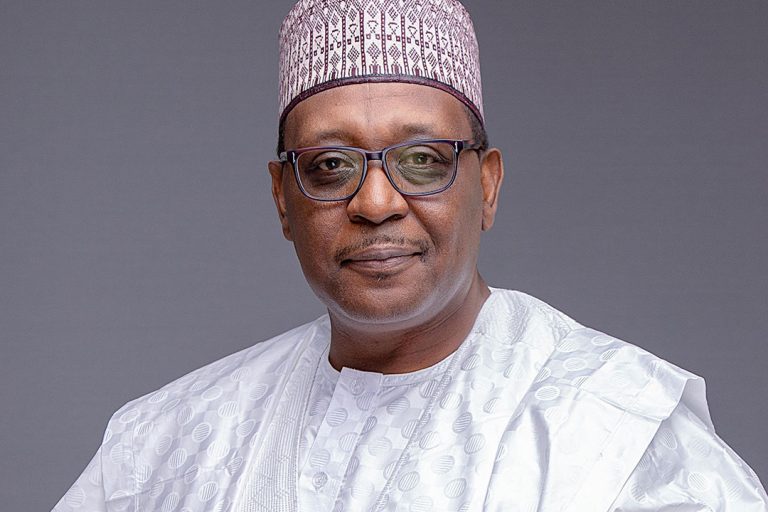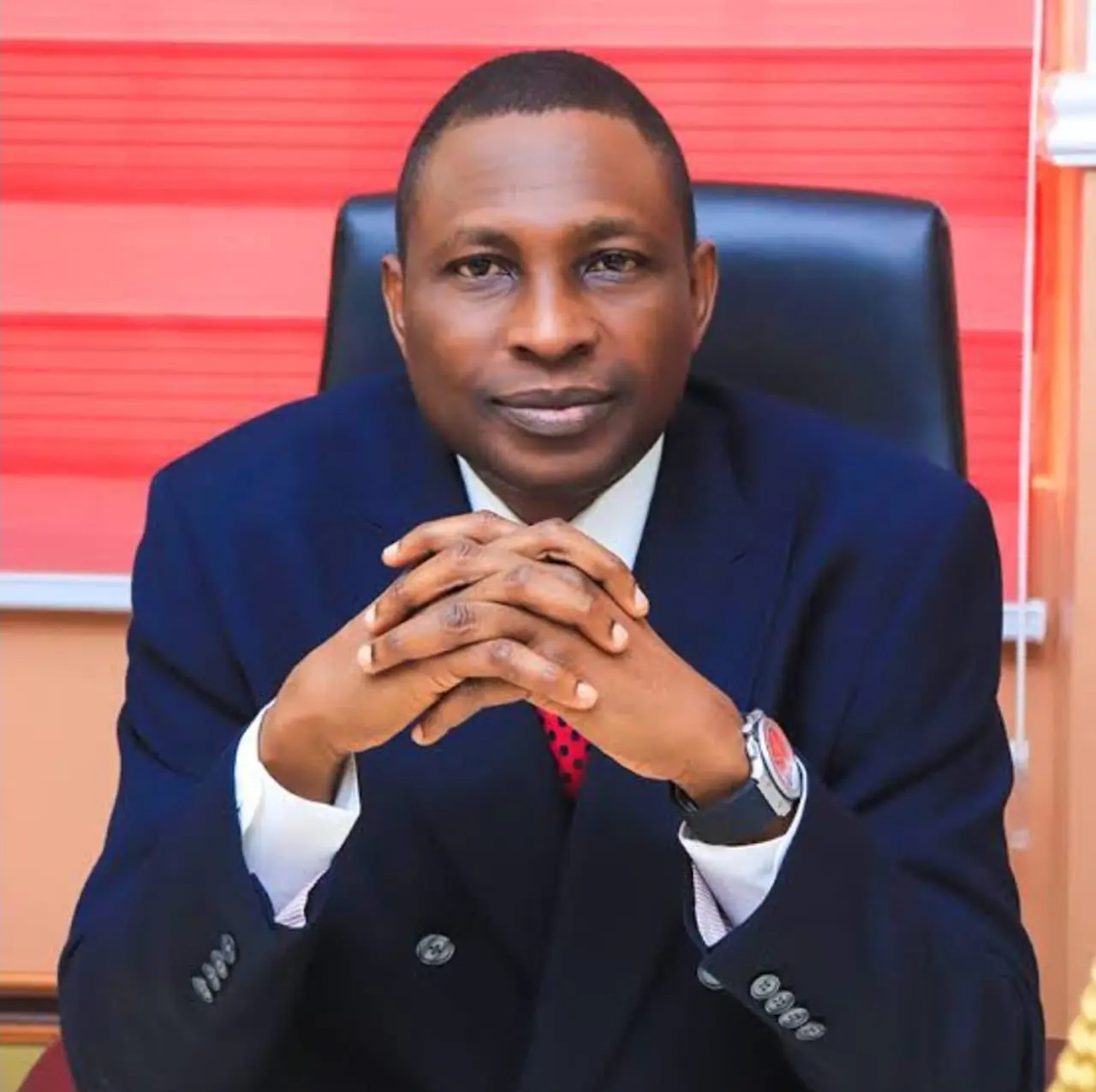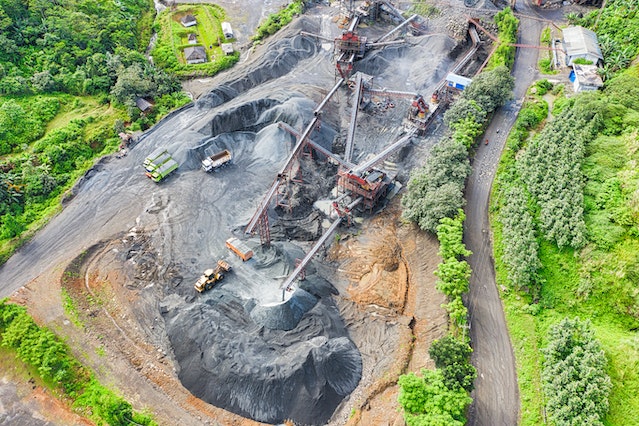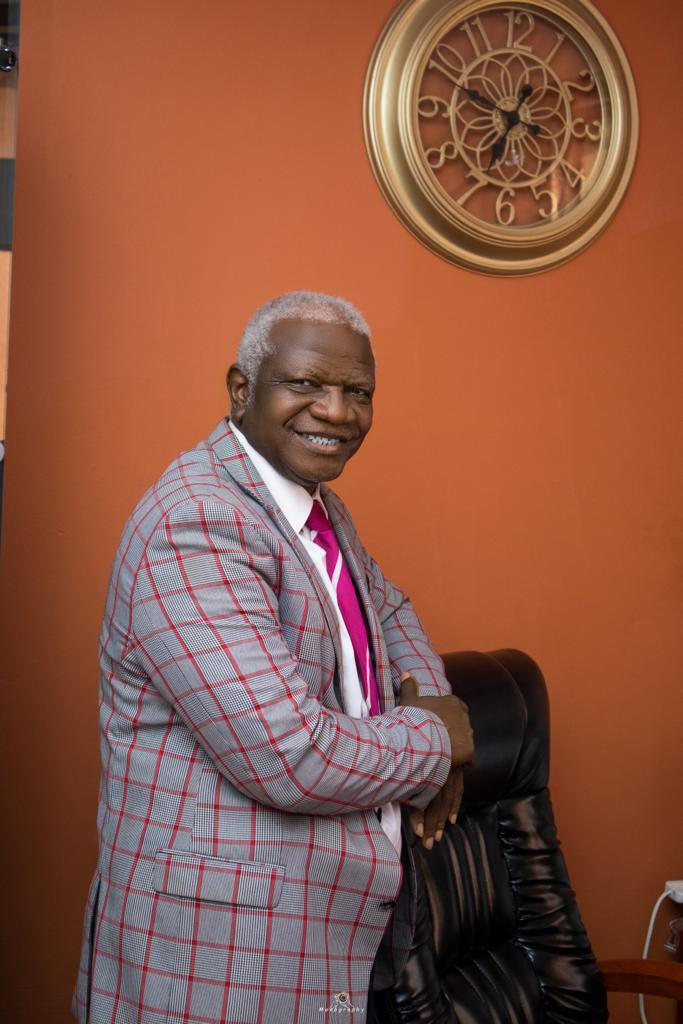Nigeria Records High 4.23% GDP Growth in Decades – Says Tinubu
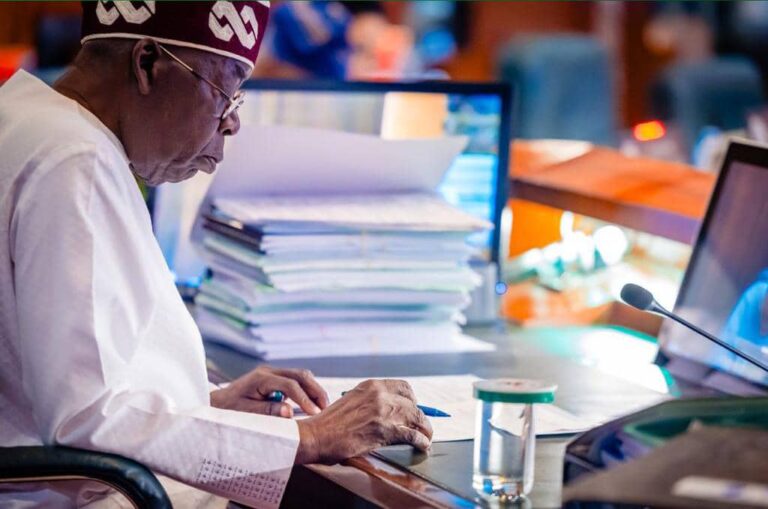
By Fatima Saka
President Bola Ahmed Tinubu has reaffirmed Nigeria’s steady growth trajectory and global economic reawakening, assuring that ongoing reforms under his administration are yielding measurable results, with the nation’s Gross Domestic Product (GDP) growing by 4.23% in the second quarter of 2025, the highest in a decade, excluding the post-COVID rebound.
Speaking on Thursday at the Federal Executive Council (FEC) meeting in Abuja, shortly after swearing in two new ministers — Dr. Bernard Mohammed Doro (Humanitarian Affairs and Poverty Reduction) and Dr. Kingsley Tochukwu Udeh (Innovation, Science and Technology) — President Tinubu said Nigeria remains on the path of economic recovery, security stabilization, and renewed global confidence.
“The success of the $2.3 billion Eurobond, oversubscribed by 400%, is the most assuring signal of renewed investor confidence,” the President declared. “Despite political headwinds, we continue to engage the world diplomatically, and we will defeat terrorism in this country. The task ahead is immense, but our resolve remains unshaken under the Renewed Hope Agenda.”
On security, President Tinubu, who is also the Commander-in-Chief of the Armed Forces, urged Nigerians not to despair, assuring that the government is determined to eliminate terrorism and criminality in all forms. “We will overcome the challenges and prove that Nigeria is one happy family. We will spare no effort until we eliminate all criminals from our society,” he said.
He also charged ministers to maintain consistent communication and avoid conflicting public messages, emphasizing unity of purpose in implementing government policies.
During the meeting, the Minister of Finance and Coordinating Minister of the Economy, Mr. Wale Edun, briefed the Council on Nigeria’s economic performance, stating that macroeconomic indicators show significant improvement.
“The reforms under the Renewed Hope Agenda, though bold and sometimes unpopular, are driving competitiveness and creating jobs,” Edun reported. “The industrial sector nearly doubled its growth from 3.72% to 7.45%, inflation has eased to 18.02%, foreign reserves have risen to $43 billion, and our trade surplus now stands at N7.4 trillion.”
He further disclosed that consumer spending patterns indicate an improving standard of living, with Nigerians now spending about half of their income on basic needs, compared to nearly 90% in previous years — a sign of increasing productivity and disposable income.
Edun noted that Nigeria’s removal from the Financial Action Task Force (FATF) Grey List marked a milestone in strengthening financial integrity, adding that global institutions, including the IMF and World Bank, have commended the country’s reform progress and upgraded its growth forecast to nearly 4%.
On Nigeria’s fiscal outlook, Edun said: “Our recent $2.35 billion Eurobond issuance, with an order book peaking at $13 billion, underscores investor confidence in Nigeria’s economic fundamentals and the leadership of Mr. President.”
He urged greater collaboration among ministers overseeing key sectors such as infrastructure, education, agriculture, and digital innovation to identify bankable projects that attract private investment, emphasizing that “every Naira must be optimized” amid global liquidity constraints.
President Tinubu concluded the meeting with a renewed call for unity, discipline, and focus, assuring that Nigeria’s future remains bright and prosperous under the collective drive for reform and resilience.

